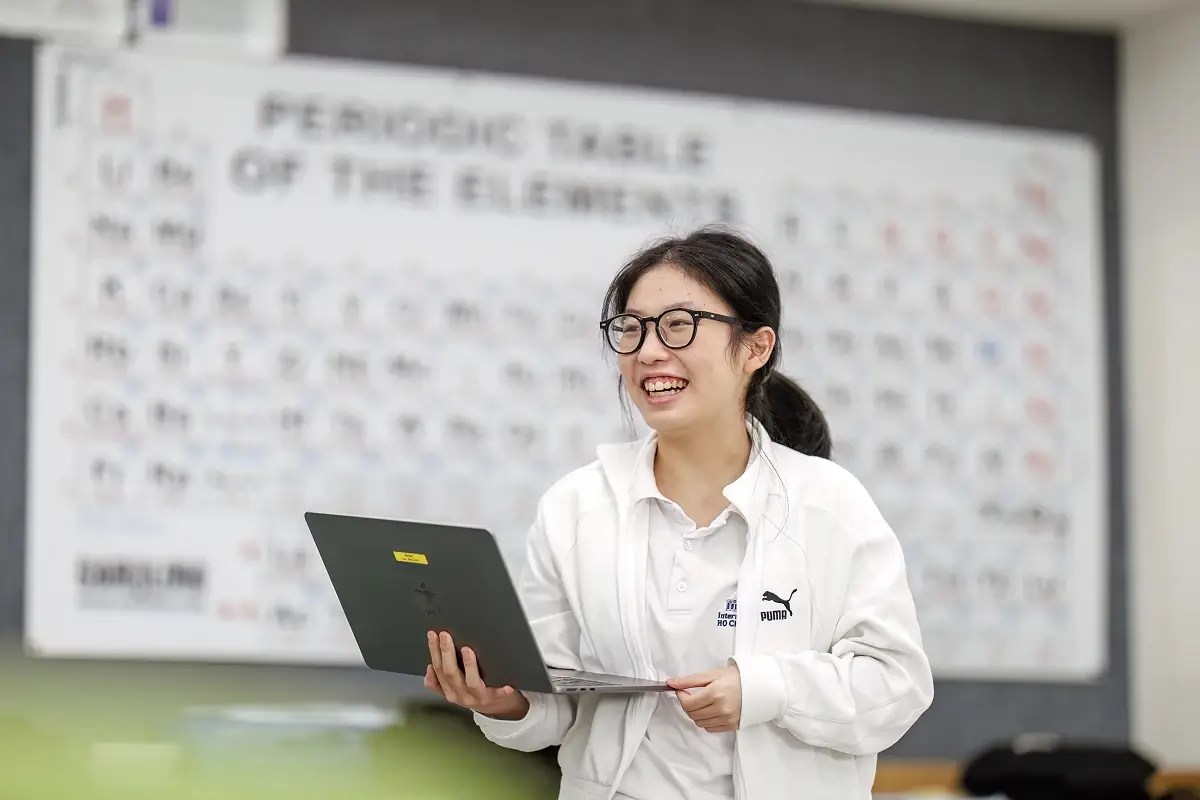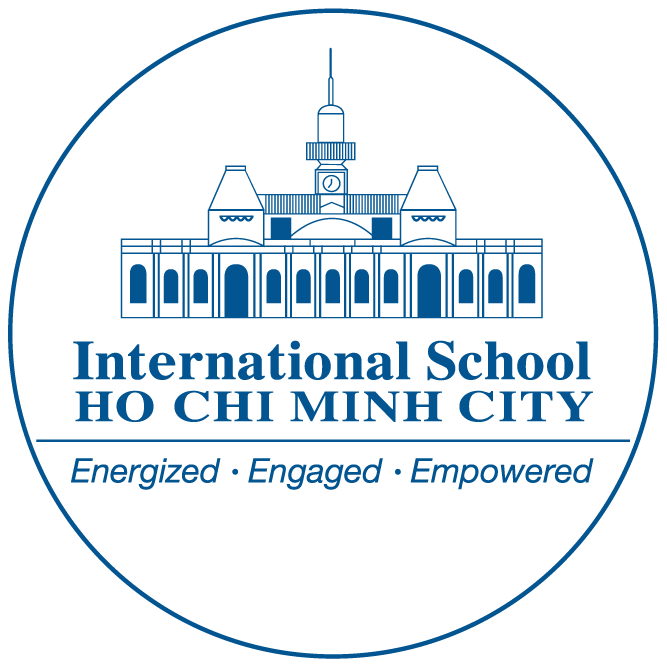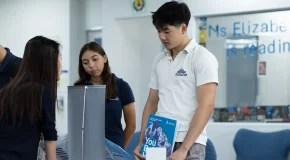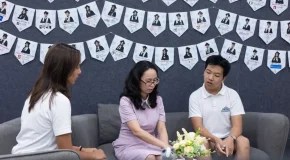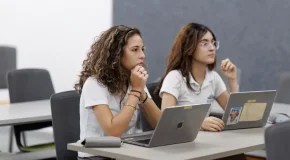The Complete Guide to Building Strong Student Research Skills
Research skills prepare students to think independently, solve problems confidently, and engage with the world around them. These skills influence how young learners ask questions, explore information, and evaluate what they find. In today’s information-driven world, developing strong research abilities early sets students apart academically and personally.
At the International School of Ho Chi Minh City (ISHCMC), research is embedded into every stage of learning. Students learn to explore thoughtfully, ask deeper questions, and communicate their findings effectively. This approach reflects ISHCMC’s commitment to inquiry-led learning, preparing students for future challenges in school and beyond.
What Are Research Skills and Why Do They Matter for Students?
Research skills involve a student’s ability to locate, evaluate, organize, and present information. These include asking effective questions, identifying reliable sources, taking notes, analyzing data, summarizing findings, and presenting them. Students who develop these abilities become more independent in their thinking and more capable in unfamiliar situations.
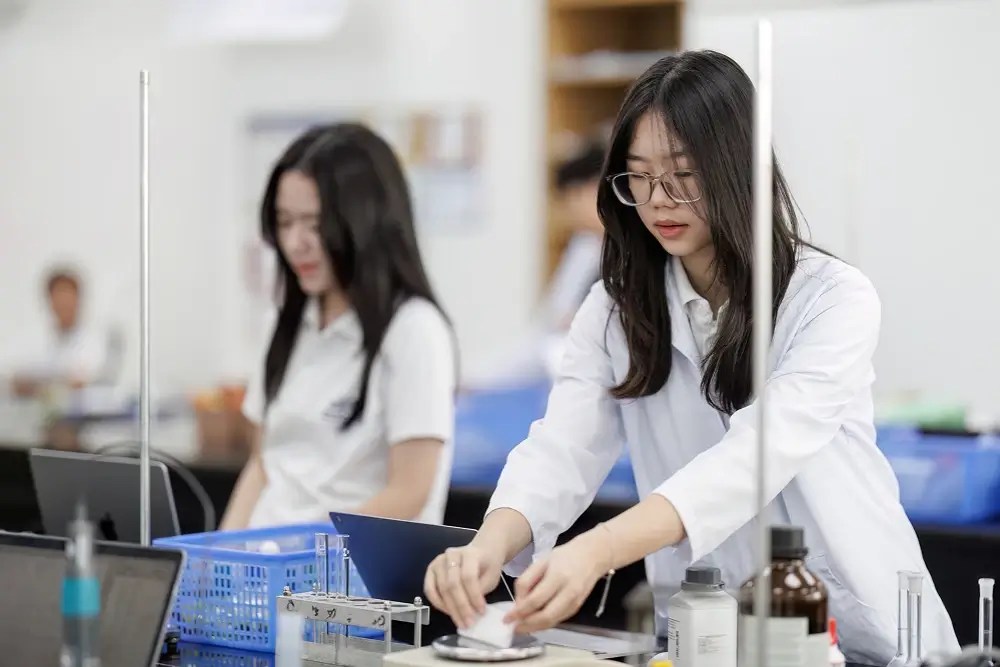
Strong research habits allow learners to manage tasks, assess multiple perspectives, and build structured arguments. These skills are essential in higher education and career environments, where students are expected to work independently, communicate insights, and support their ideas with credible information.
10 Essential Research Skills Every Student Should Build
Parents who understand the types of research skills their children need can better support them at home.
Here are ten foundational skills students should develop as they progress through school:
- Asking the right questions: Learning starts with curiosity. Students must learn to frame questions that guide meaningful investigation.
- Keyword search strategies: Knowing how to search using relevant terms helps students access quality sources efficiently.
- Evaluating online and offline sources: Students must understand how to check a source’s credibility and purpose.
- Note-taking techniques: Clear and organized notes help students process and structure information.
- Synthesizing information: Learners need to combine ideas from multiple sources and form their own understanding.
- Avoiding plagiarism and proper citation: Respecting ownership of information is essential. Students must cite correctly and summarize in their own words.
- Using digital research tools: Platforms like online databases, academic search engines, and reference software make research more effective.
- Presenting findings: Whether written or verbal, students must learn to communicate their ideas clearly and confidently.
- Critical self-reflection: Research involves reflection. Students should learn to evaluate their process and improve for future tasks.
- Collaborating during research: Sharing research responsibilities teaches teamwork, listening, and mutual accountability.
How Students Develop Research Skills at ISHCMC
Developing research skills is a continuous process. Each stage of school offers different opportunities for students to build and apply these skills in meaningful ways.
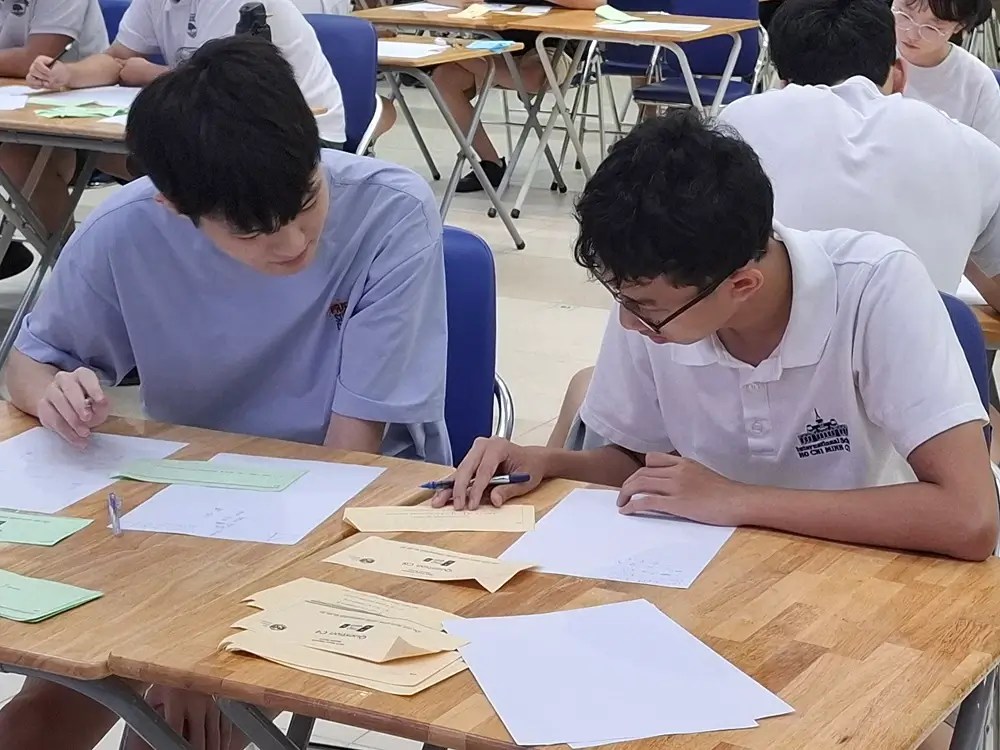
Primary School: Curiosity and Exploration
In the early years of primary school, students begin developing research habits by exploring topics that spark their curiosity. Teachers guide them to ask thoughtful questions, listen actively, and explain their ideas clearly. At this stage, students gather information through books, visuals, classroom discussions, and structured inquiry activities. They learn to observe, sort, and describe what they discover, which forms a strong foundation for more advanced research later on.
The environment in ISHCMC’s primary classrooms supports student voice and choice. Classrooms are open, collaborative, and filled with age-appropriate resources that support independent exploration. Children learn that their questions are valid and worth investigating.
Middle Years: Navigating Information and Media Literacy
As students move into the Middle Years Programme (MYP), they begin learning how to locate, compare, and analyze information from a variety of sources. Teachers show students how to verify accuracy and relevance while introducing structured methods for source evaluation.
This stage involves more interdisciplinary work. For example, students might investigate how climate change affects their local community by combining knowledge from science, the humanities, and data analysis. They use tools such as Google Drive, collaborative research documents, and citation software to support their projects.
At ISHCMC, this phase emphasizes media literacy and the ethical use of information. Students learn how to access, interpret, and evaluate digital content using age-appropriate research tools.
They explore how bias, credibility, and perspective influence the reliability of sources. Through guided practice, they also develop responsible habits for using media and technology in academic and real-world contexts, aligning with the school’s commitment to building principled, digitally aware learners.
Applying Research to Real-World Issues
In middle and high school, students apply their research skills to real topics and global issues. They are encouraged to explore causes, patterns, and solutions through project-based learning.
Students at ISHCMC might explore how businesses evolve, how policies impact the environment, or how technology shapes education. They learn to support claims with evidence, organize complex information, and propose solutions based on real research.
Inquiry-led learning supports this progression by giving students the space to pursue topics of interest while aligning with academic expectations. Research moves from task-based exercises to purpose-driven exploration.
Diploma Programme: Independent Research and the Extended Essay
In the Diploma Programme (DP) students manage their own research over an extended period. They design original research questions, gather data, and present their findings in formal academic formats.
One of the most rigorous assignments in the DP is the Extended Essay, a 4,000-word independent paper on a topic of the student’s choosing. Alongside this, the Theory of Knowledge (TOK) course challenges students to reflect on how knowledge is formed and understood across different disciplines.
ISHCMC students receive ongoing mentoring, structured timelines, and peer feedback during these projects. This support helps students build self-management skills and resilience. These habits prepare them for the expectations of international universities and professional life.
Building Academic Integrity and Digital Responsibility
Throughout all stages, students learn to engage with information responsibly. They are taught how to avoid plagiarism, cite sources correctly, and think critically about digital content.
ISHCMC students use modern digital tools that reinforce these habits, including plagiarism checkers, research planners, and collaborative platforms. ISHCMC’s teachers incorporate these tools into daily learning routines and treat them as essential parts of the research process. We guide students in recognizing bias, managing digital distractions, and interpreting complex information online.
The school’s approach reflects the belief that research skills are part of broader life preparation, helping students make thoughtful, informed decisions in any context.
Why Research Skills Prepare Students for Lifelong Success
Strong research skills help students succeed in school, contribute to their communities, and prepare for the challenges ahead. These skills support academic growth, personal development, and readiness for higher education and careers.
At the International School Ho Chi Minh City, students develop research abilities through a blend of inquiry-led learning, meaningful projects, and continuous support from educators. Across every grade level, ISHCMC integrates research into real learning experiences, helping students become thinkers, questioners, and creators.
Families looking for a school that values academic depth, independence, and global awareness will find that ISHCMC prepares students to thrive. Explore ISHCMC’s internationally recognized programs and learn how your child can grow into a confident, research-ready learner.

